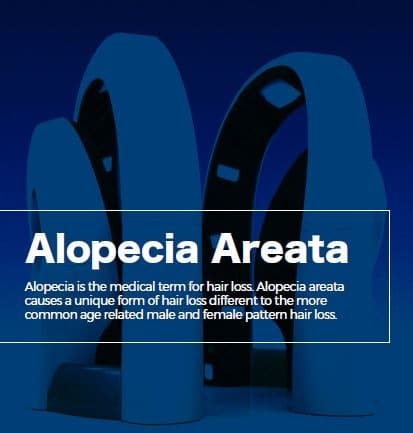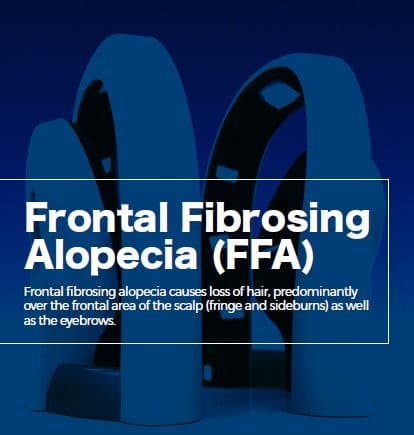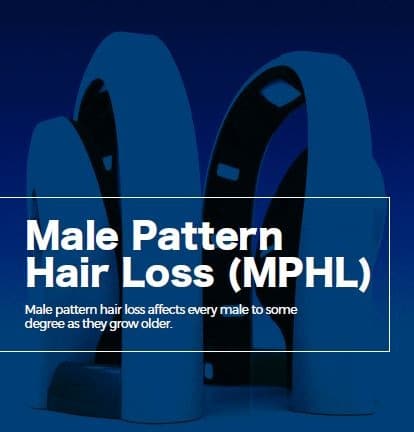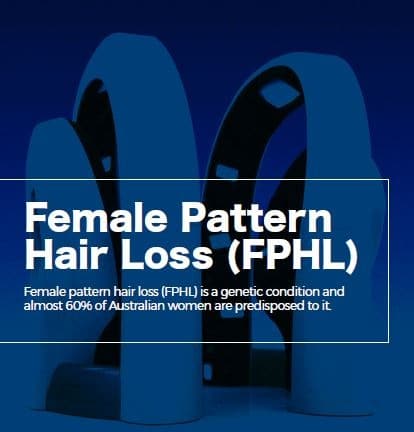Hidradenitis suppurativa (HS) is also known descriptively as acne inversa.
It is a chronic, relapsing inflammatory condition affecting the skin surrounding sweat glands. It most commonly affects the axillary (armpit), groin, buttocks and in some women, the inframammary fold (under the breasts).
Patients often repeatedly present to emergency departments or their GP with a solitary painful ‘boil’. Delay in diagnosis and treatment may result in the formation of sinus tracts, abscesses with pus-like discharge, and scarring. HS can lead to significant psychological impact on patients, as well as scaring, so early diagnosis and treatment is needed.
Are you considering participating in a clinical trial?
Patient participants with a disease or condition may decide to participate in clinical trials to contribute to better understanding of, or better treatment or a potential cure for their disease or condition. In some cases, clinical trials can provide access to new interventions before they are widely available.
Trials also offer the hope of developing better interventions or tests for a particular disease or condition, so that even if a trial does not provide a benefit for an individual, it may provide benefits for others with the disease in the future.
As a patient participant, even when you receive the highest quality care, you may also benefit from additional support and attention provided by clinical trial staff who understand your disease or condition (source: australianclinicaltrials.gov.au)
If you would like to take part in an HS clinical trial, click here!
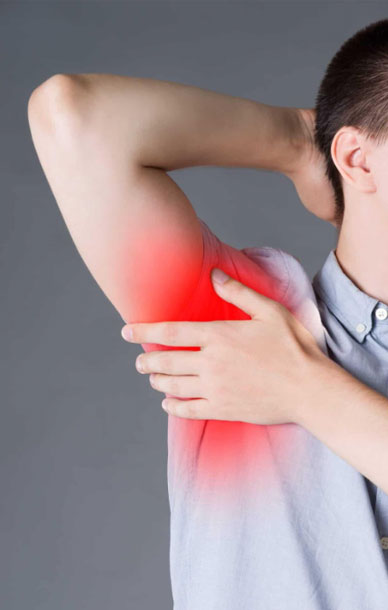
Causes
The cause of hidradenitis suppurativa is unknown and there may be a genetic component to this. Some factors including smoking, stress and obesity may exacerbate or worsen this condition.
Symptoms
Clinical characteristics of hidradenitis suppurative are:
- Open double-headed comedones (blackheads)
- Fluctuant pustules, abscesses with pus-like discharge which often have an offensive smell
- Draining sinuses or tunnels that link inflammatory lesions
- Firm and painful papules and nodules
Treatment
Treatment for hidradenitis suppurativa is complex and often individualised.
In mild cases, topical antibiotic or antiseptic washes may help control disease flares and frequency. Some people may require a course of oral antibiotic or Vitamin A.
Surgical treatments may be used in some patients including deroofing procedures or excision of HS lesions.
In severe cases, biologic treatment involving the use of an immunomodulator drug may be needed.
To book a consultation please call us on 9654 2426 or email appointments@sinclairdermatology.com.au
Why Choose Sinclair Dermatology?
 Leader in skin and hair loss treatment and research
Leader in skin and hair loss treatment and research More than 50% of dermatology research papers in Australia are published by our team
More than 50% of dermatology research papers in Australia are published by our team Largest dermatology clinical trial research centre in Australia
Largest dermatology clinical trial research centre in Australia Only medical centre in Australia to use 3D whole body imaging technology to map moles and lesions for skin cancer detection.
Only medical centre in Australia to use 3D whole body imaging technology to map moles and lesions for skin cancer detection. Onsite pathology and compounding pharmacy
Onsite pathology and compounding pharmacy Our dermal clinic uses state of the art laser machines
Our dermal clinic uses state of the art laser machines

